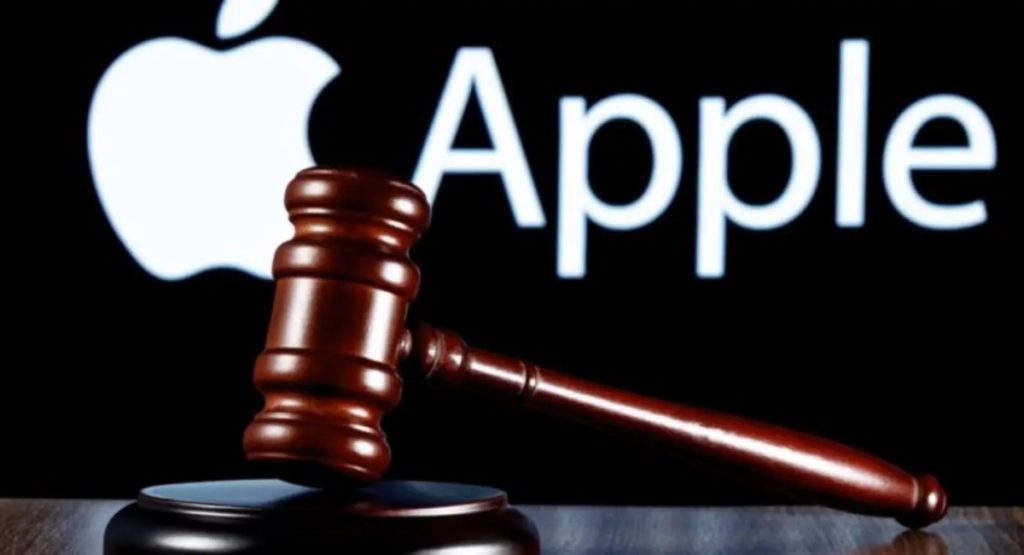A federal appeals court has refused to hold five major technology companies, including Apple, liable over their alleged support for the use of child labor in cobalt mining operations in the Democratic Republic of the Congo, reports Reuters.
In a 3-0 decision, the U.S. Court of Appeals for the District of Columbia ruled in favor of Apple, Dell, Microsoft, Tesla, and Google parent Alphabet, rejecting an appeal by former child miners and their representatives.
The companies were sued by International Rights Advocates (IRAdvocates) — which “promotes human rights and corporate accountability through legal advocacy and capacity building” — for “aiding and abetting extreme abuse of children mining cobalt in DRC. In December 2019, the group filed a federal class action lawsuit on behalf of 16 plaintiffs who are either guardians of children killed in tunnel or wall collapses while mining cobalt in the Democratic Republic of Congo (“DRC”) or children who were maimed in such accidents.
The DRC has the world’s largest deposits of cobalt, an essential element of rechargeable lithium-ion battery in products made by all tech and electric car companies. IRAdvocates says the tech boom has caused an explosion in demand for cobalt, but in one of the most extreme contrasts imaginable, cobalt is mined in the DRC under extremely dangerous stone age conditions by children paid a dollar or two a day to supply cobalt for the expensive gadgets made by some of the richest companies in the world.
Plaintiffs in the lawsuit asserted claims for forced child labor in violation of the Trafficking Victims Protection Reauthorization Act. Plaintiffs also sought relief based on common law claims of unjust enrichment, negligent supervision, and intentional infliction of emotional distress.
However, the appeals court said buying cobalt in the global supply chain did not amount to “participation in a venture” under a federal law protecting children and other victims of human trafficking and forced labor. Circuit Judge Neomi Rao said the plaintiffs had legal standing to seek damages, but did not show the five companies had anything more than a buyer-seller relationship with suppliers, or had power to stop the use of child labor. According to Reuters, she added that many other parties are responsible for labor trafficking, including labor brokers, other cobalt consumers and the DRC government.
Article provided with permission from AppleWorld.Today

